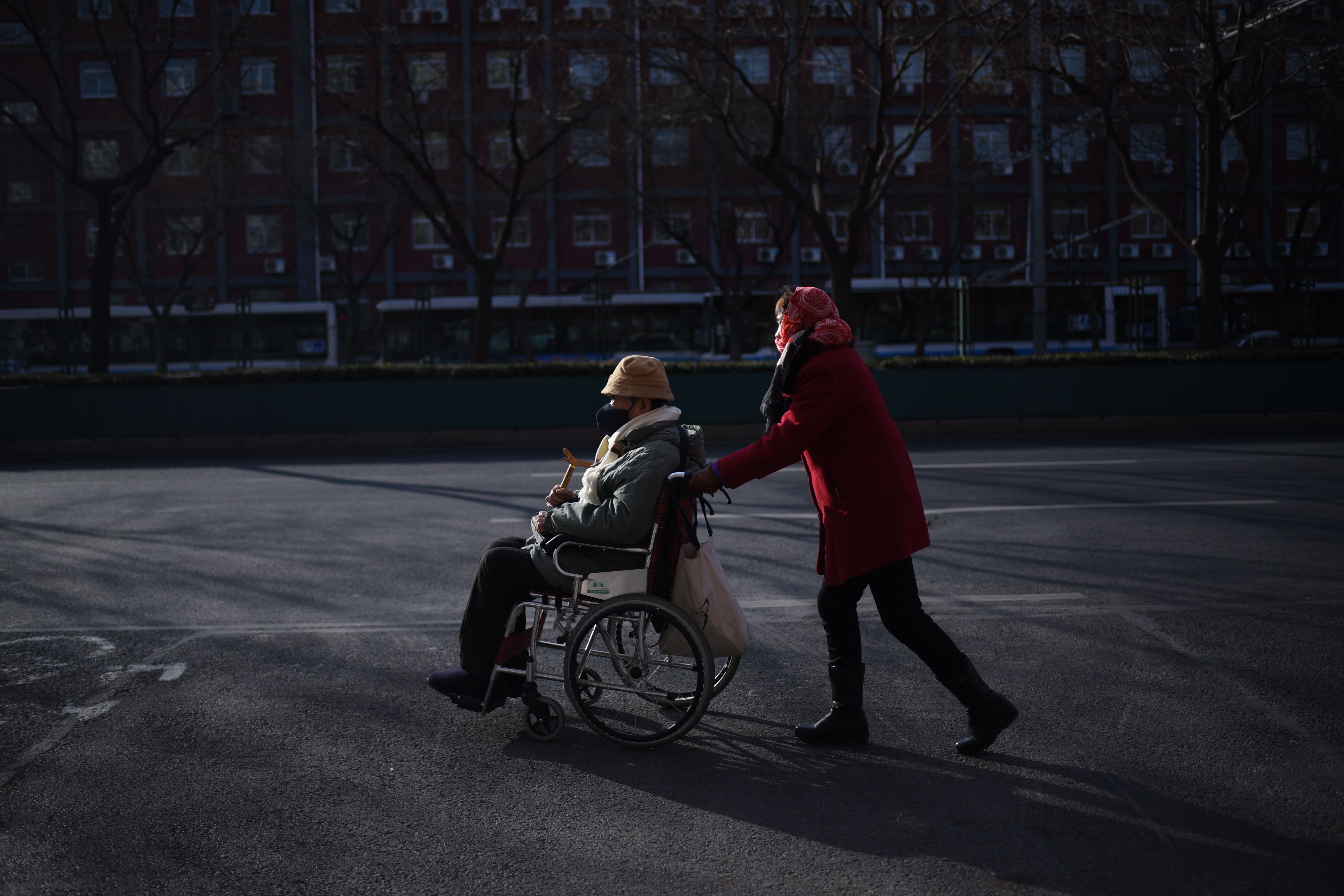
China’s baby boomers are set to retire in the coming years, and they’re spending in different ways compared to the current retirees, according to a Credit Suisse report.
These baby boomers — defined in the report as those born in the 1960s — are more aware of having their health-care needs covered, and that’s set to lead to a “very sharp shift” in trends in the country, said Will Stephens, Asia Pacific head of quantitative and systematic strategy at the bank.
Effects from the aging population will be felt across a wide range of industries, from health care to insurance, and travel and e-commerce, according to the report, which surveyed 1,500 middle-aged and elderly consumers in China.
Stephens said the group was “the largest cohort in history” — or about 245 million Chinese, and highlighted the differences compared to the current generation of retirees.
“I think the key difference here is the sheer scale and size of the current generation of Chinese baby boomers that are going to be retiring over the next 10 years,” he said. “This boomer generation came of age right at the cusp of China’s inflection point into what’s essentially the greatest growth trend in history. So they have very different consumption patterns, different interests than what we see amongst the current retirees,” he told CNBC on Tuesday.
Citing the survey, Stephens pointed out that 39% of baby boomers expect that existing health-care social security plans will not likely meet their needs.
“There’s definitely concerns among this cohort around having that safety net,” he said. “A lot of interest in insurance products, and at the same time we also see this is likely to act as a catalyst for further reforms in (the) social security system in China — things such as increased transfer of state-owned shares, potentially lifting equity caps amongst government pension funds.”
The Chinese have become wealthier, with gross domestic product per capita soaring from $ 2,100 to $ 10,000 in the last 10 years, according to the report.
“At US$ 10,000, the middle class has started to emerge in China and they have a lot of ground to make up in insurance coverage,” analysts said in the report, adding that China has “one of the largest protection gaps” in Asia for life and health insurance.
A man is pushed in a wheelchair along a street in Beijing.
WANG ZHAO | AFP | Getty Images
As a result, they wrote, there’s “huge potential” for the development of commercial insurance ahead, including pensions.
At the same time, the Covid-19 crisis “could have some sort of silver lining” in speeding up health-care infrastructure spending in China, Stephens told CNBC, adding that it is lower than most developed economies.
Quality medical services in demand
Baby boomers are demanding high-quality medical services, according to the survey findings.
“We believe that high-end, integrated private hospitals are likely to benefit from an ageing population that is quality conscious,” the report said. In fact, the revenue compound annual growth rate of private hospitals reached 23.9% between 2014 and 2018, outpacing the 10.4% that public hospitals saw.
As such, high-end medical consumables will also be in demand, such as implants and coronary stents. Orders for big-ticket medical equipment such as ventilators, dialysis machines and MRI equipment used in hospitals may also increase, according to the report.
The health food sector will be a “key beneficiary,” said Credit Suisse, which predicted annual growth at more than 7% for the next few years.
That sector is set to be worth 340 billion yuan ($ 49.8 billion), which forms 20% of global sales – up from 17% in 2017, the bank said.
“Though China’s adoption of health food is in its infancy, we believe it will follow the trend of developed countries, specifically resembling its Asian neighbours including Japan and Korea, in the long term,” the report said.
